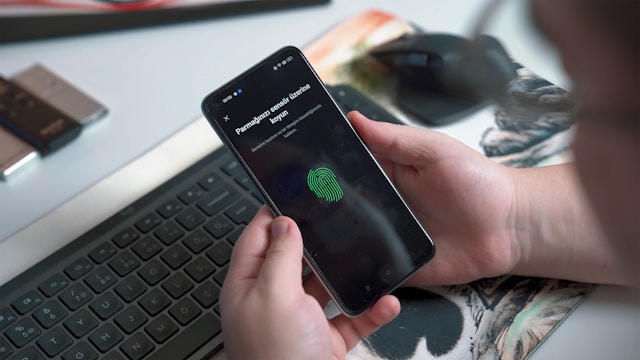Sometimes we forget that our data is verified, not only when we have to show our ID card or driving licence. Information about us is also confirmed when someone checks the authenticity of our certificates, diplomas, or professional qualifications. How to improve the process of giving access to such information and verifying its authenticity?
The most common forms of digital credentials
Digital identity verification has already penetrated the functioning of modern societies. Today, no one is alien to solutions such as a virtual ID card, student card, or ticket for public transport or to the cinema. Each of these solutions is based on digital credentials. The purpose of digital certification is to prove the authenticity of the data provided. They can be easily verified, and the process is short and intuitive.
Such certification may contain different types of data. This could be your personal information, such as your name and age. It can also be data about your education, work experience, or completed courses. It all depends on your needs.
Digital credentials and data security
Many service providers are extending their platforms so that users can use them to portray their life achievements easily. For example, dedicated applications allow the user to present a CV and obtain diplomas and certificates. Notably, the data is made available only with the owner’s consent. Modern solutions also allow you to easily manage data and indicate which of them should be shared and which not.
If you want to see how such a process can go, visit: https://trustgrid.com/digital-credentials/. On this page, you will find information about digital credentials and the Android and iOS apps created for this purpose.
An exciting aspect of digital credentials is that they can represent an almost equal representation of physical documents. In practice, transferring their physical form and all information contained in them to the virtual world is not a problem.
Of course, virtual data sharing raises the question of their security. However, you should not be worried about that. A good service provider ensures that your data is encrypted and that its processing is confidential.
If you are still asking yourself if digital credentials are necessary, consider how many places you can use them. Verification of qualifications or education is just the tip of the iceberg. Digital certificates are commonly used when contacting security services, travel, age verification, or offices.



